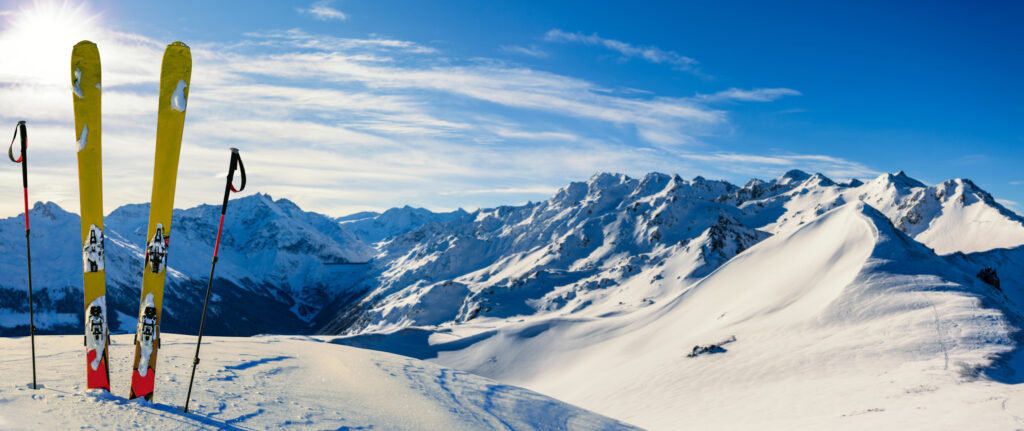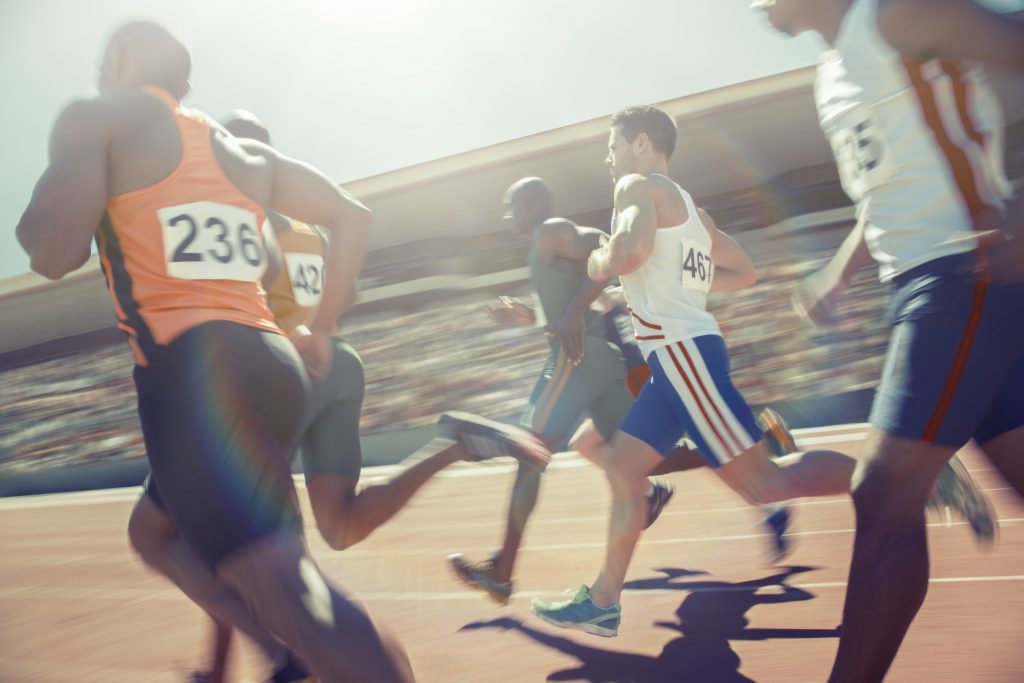Sports at risk: Addressing climate change in the Canadian sport sector

Highlights Both indoor and outdoor sports are vulnerable to the effects of climate change, from heat waves and diminishing amounts of snow to disruptions in supply chains. As a first step to prepare for and adapt to the effects of climate change, engage board members and staff in intentional discussions about the climate hazards that…
Esports as an equalizer
The growth of competitive virtual cycling could be a great equalizer. Gone are the days when North American athletes are required to head to Europe for the highest levels of competition. Virtual cycling also reduces the complexities of event hosting relating to local officiating capacity, road closures, and inclement weather.
Preventing falls during the winter
The risk of slipping or falling increases during the winter months with icy weather. From Brock University’s Health, Safety and Wellness team, tips to help you avoid a fall this season include being cautious when getting in and out of a vehicle, avoiding texting and walking, and wearing appropriate winter footwear.
Impact of Climate Change on Professional Athletes: Q&A with Craig McMorris and Geneviève Lalonde

In December 2019, the Canada Games Council (CGC) signed on to the UN’s Sports for Climate Action Framework and is now developing a new sustainability strategy. To better understand how climate change is impacting Canadian athletes, CGC reached out to two former Canada Games participants, pro snowboarder Craig McMorris and Olympic steeplechaser Geneviève Lalonde. From…
Heat-Stress and Performance
Hot summer temperatures combined with long training or competition sessions can raise athletes’ body temperature, with devastating effects on performance. Strategies to maintain optimal body temperature for performance including cooling before exercise (e.g. with cold water immersion or ice vests) or during exercise (e.g. by drinking cold water or using cold water spray); or through…
Cooling Strategies to Improve Performance in the Heat

Whether you are a high performance athlete training for the Olympic and Paralympic Summer Games in Tokyo, or a weekend warrior working on a personal best, learning to manage heat stress should be a priority. Heat stress and fatigue can lead to decreases in performance, influencing a podium finish, or can be the precursor to…
Water Safety Tips
As temperatures begin to rise, many Canadians seek to cool off in a nearby body of water. Sadly, drowning is one of the leading causes of unintentional death for Canadian children ages one to four. This blog from the Red Cross provides three tips to keep children safe around water this summer, including creating barriers…
Risk Management & Climate Change
It’s not only winter sports that are at risk from climate change. Extreme weather conditions affected a range of sport events, including the 2020 Australian Open tennis (heat and smoke); the 2019 Rugby World Cup in Japan (Typhoon Hagibis); and the 2019 IAAF World Track and Field championships in Qatar (extreme heat). Event organizers need…
A Race We Can Win: The Sports for Climate Action Framework

We all have an understandable desire to protect the things we love. I happen to love sport – and winter sports in particular. Thirty years ago I remember poring over snow depth charts from the national park where I spent as much time as possible snowboarding. Those charts showed a downward trend in snow depths,…
Earth Day 2020
Today is Earth Day, part of an international movement to drive positive action for our planet. In Belgium, researchers developed a tool using broadcast archives of professional sport events to build long-term datasets of changes in seasonal foliage. Analysis of footage from the Tour of Flanders showed the same 46 trees blooming earlier than they…